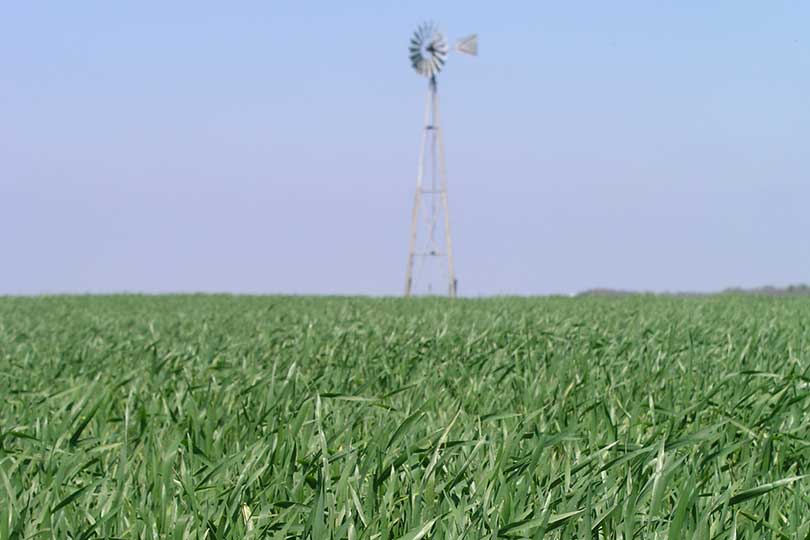By Julie Tomascik
Associate Editor
Farming and ranching is a tough business. Volatile markets, weather impacts and uncertainty are part of every business plan.
And so are taxes.
But agricultural valuation has been a friend to farmers and ranchers for many years. And rollback provisions in state law were instituted in the 1970s to prevent the use of agricultural lands for tax advantages when there is no intent to use them for agricultural purposes.
Texas Farm Bureau was instrumental in championing that legislation.
“It was an avenue to protect agricultural land and make it viable for farmers and ranchers to stay in business,” Mike Pacheco, Texas Farm Bureau (TFB) associate legislative director, said.
If the use of the land is changed to something other than agriculture, then property taxes and penalties from previous years are due. Current law states those taxes go back five years.
Agricultural valuation and the rollback provision were under scrutiny in the last legislative session. About 10 bills relating to the issue were filed, but they didn’t make it to the floor.
Instead, the legislature was charged with studying the issue during the interim.
“Farmers and ranchers who depend on agricultural valuation want to make sure it is preserved and isn’t abused,” Pacheco said.
The House Committee on Agriculture will evaluate the appraisal of agricultural land for taxation and related issues, including the change-of-use “rollback” provision. Pacheco noted they are also responsible for examining the impact of the current appraisal system of agricultural land for taxation on rural economic development.
An interim hearing could occur by the end of October and a committee report stating the findings will be published by the start of the next legislative session.

